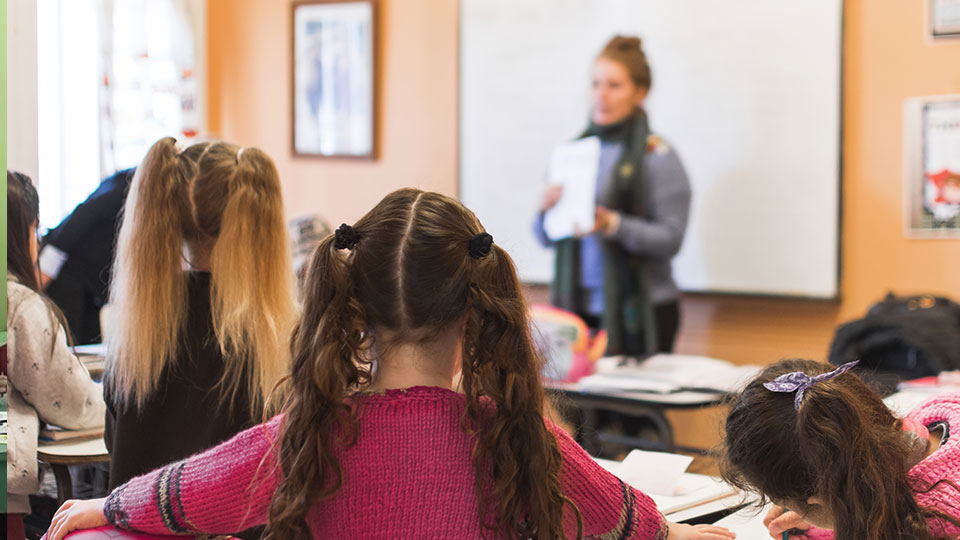Strong interest in learning languages that are not common in our country
May is the busiest month for students and teachers alike, as they have to cope with the exams at school, the Panhellenic exams and the foreign language exams. Given that all exams are of major importance for children and their future, it is a “difficult” month for thousands of Greek families. Of course, exams of any kind should also be days of joy as they are a step towards the future and the development of young people and at the same time they mark the end of the school year.
Of particular interest is a research that is being conducted these days on the internet and, among other educational issues, has specific references to foreign language education in our country. The survey is conducted through the website of Keystone, an IT company active in the field of education. The questionnaires are addressed to secondary school children and involve students from all over the country. Two elements stand out from the survey results. Firstly, the students who took part in the survey confirm what we all know, namely that children themselves prefer to learn languages in Language Schools rather than at school. A second finding that is of particular interest is that young people are gradually wishing to learn a foreign language other than the hitherto common ones, i.e. English, French, German, Spanish or Italian. It is striking that young people show great interest and high rates of interest in languages such as Arabic, Japanese, Chinese, Russian, Swedish and even Turkish. These findings are significant as it is now evident that young boys and girls are also turning to languages that until now very few people wanted to learn, opening up new horizons for the future of foreign language education.
It is noteworthy that during the survey a large percentage of students (13.7%) stated that they would like to learn Chinese, followed by those who stated that they would like to learn Arabic and Russian (9.1%), Japanese (8.6%), Swedish (5.7%) and Turkish (4.6%). Of course, the percentages are not as high as for the other “major” languages, but they are still high, and in any case they show the shift of young people towards other less common languages, at least for Greek data.
Otherwise, students responding to the same questionnaire stated that any substantial knowledge of foreign languages was due to the teaching at the Language Centre (72.9%) and at school (only 4%). In fact, they said that they themselves are not interested in learning a language at school as they apparently feel that it fails to provide them with the right skills, while at the same time they believe that the teachers are either inadequate or do not care to teach them.
Which foreign languages you know little or not at all you would like to learn.
Students have up to 3 options
English 28.5%
Albanian 1.7%
Arabic 9.1%
French 32.0%
German 32.0%
Japanese 8.6%
Indian 3.4%
Spanish 33.4%
Italian 51.4%
Chinese 13.7%
Dutch 2.3%
Hungarian 0.6%
Polish 0.3%
Portuguese 3.4%
Romanian 0.6%
Russian 9.1%
Serbian/Croatian 1.1%
Swedish 5.7%
Tourism 4.6%
Czech 1.7%
Other language 2.3%
The potential inability of the school to provide adequate language teaching is more due to:
Lack of laboratory equipment 6.9%
In indifference or incompetence of teachers 28.3%
The indifference of students 45.7%
In the small number of hours taught 19.1%
Whatever substantial knowledge of foreign languages you have is mostly due to
On your own individual effort and self-teaching 5.6%
In teaching at school 4.0%
Teaching in a tutorial 72.9%
In teaching in private 13.6%
Staying in the country where the language is spoken 1.7%



